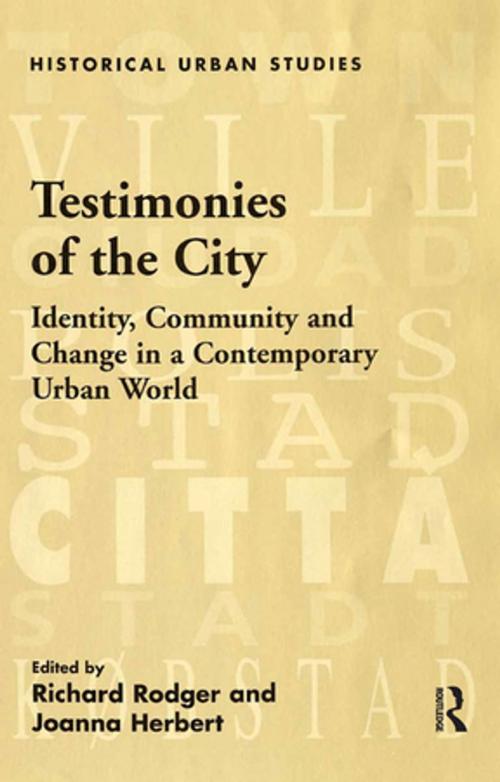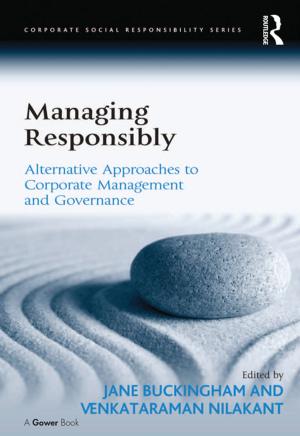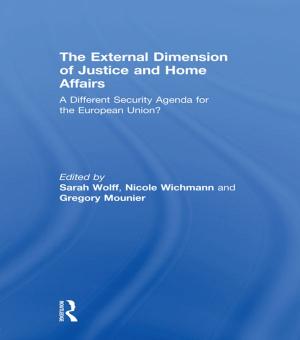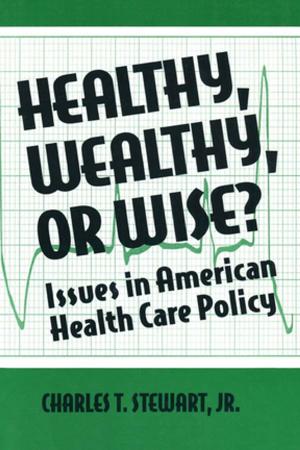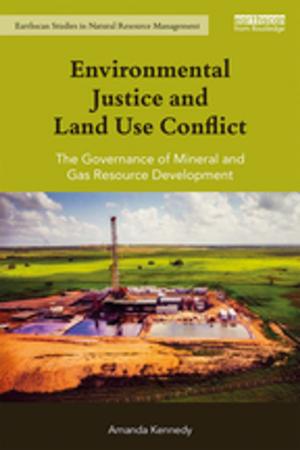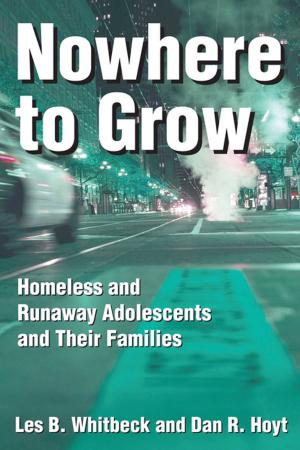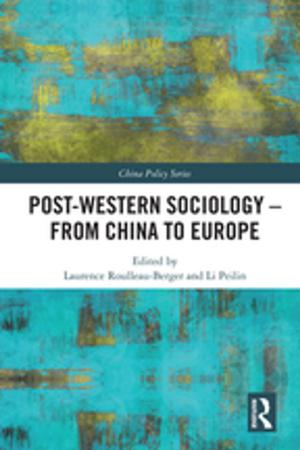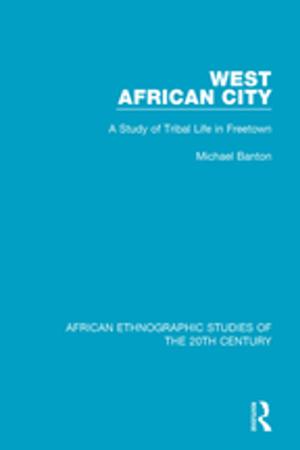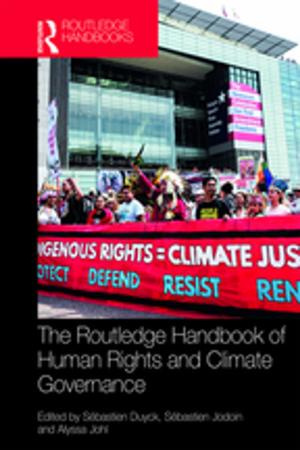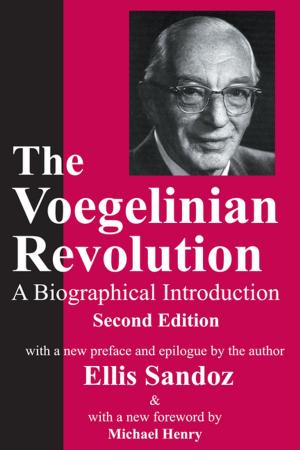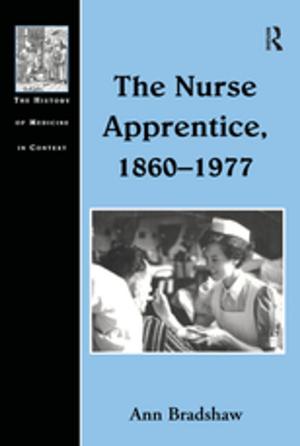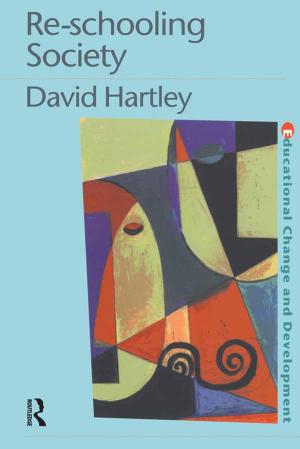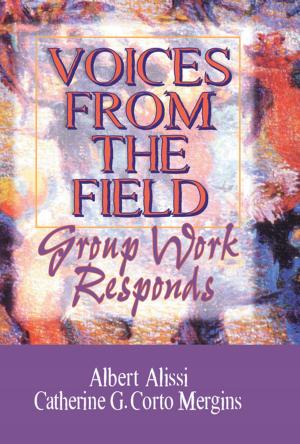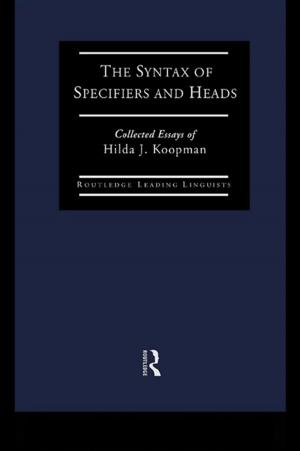Testimonies of the City
Identity, Community and Change in a Contemporary Urban World
Nonfiction, History| Author: | Joanna Herbert | ISBN: | 9781317045847 |
| Publisher: | Taylor and Francis | Publication: | April 1, 2016 |
| Imprint: | Routledge | Language: | English |
| Author: | Joanna Herbert |
| ISBN: | 9781317045847 |
| Publisher: | Taylor and Francis |
| Publication: | April 1, 2016 |
| Imprint: | Routledge |
| Language: | English |
Oral testimony is one of the most valuable but challenging sources for the study of modern history, providing access to knowledge and experience unavailable to historians of earlier periods. In this groundbreaking collection, oral testimonies are used to explore themes relating to the construction of urban memories in European cities during the twentieth century. From the daily experiences of city life, to personal and communal responses to urban change and regeneration, to migration and the construction of ethnic identities, oral history is employed to enrich our understanding of urban history. It offers insights and perspectives that both enhance existing approaches and forces us to re-examine official histories based on more traditional sources of documentation. Moreover, it enables the historian to understand something of the nature of memory itself, and how people construct their own versions of the urban experience to try to make sense of the past. By using the full range of opportunities offered by oral history, as well as fully considering the related methodological issues of interpretation, this volume provides a fascinating insight into one of the least explored areas of urban history. As well as adding to our understanding of the European urban experience, it highlights the potential of this intersection of oral and urban history.
Oral testimony is one of the most valuable but challenging sources for the study of modern history, providing access to knowledge and experience unavailable to historians of earlier periods. In this groundbreaking collection, oral testimonies are used to explore themes relating to the construction of urban memories in European cities during the twentieth century. From the daily experiences of city life, to personal and communal responses to urban change and regeneration, to migration and the construction of ethnic identities, oral history is employed to enrich our understanding of urban history. It offers insights and perspectives that both enhance existing approaches and forces us to re-examine official histories based on more traditional sources of documentation. Moreover, it enables the historian to understand something of the nature of memory itself, and how people construct their own versions of the urban experience to try to make sense of the past. By using the full range of opportunities offered by oral history, as well as fully considering the related methodological issues of interpretation, this volume provides a fascinating insight into one of the least explored areas of urban history. As well as adding to our understanding of the European urban experience, it highlights the potential of this intersection of oral and urban history.
